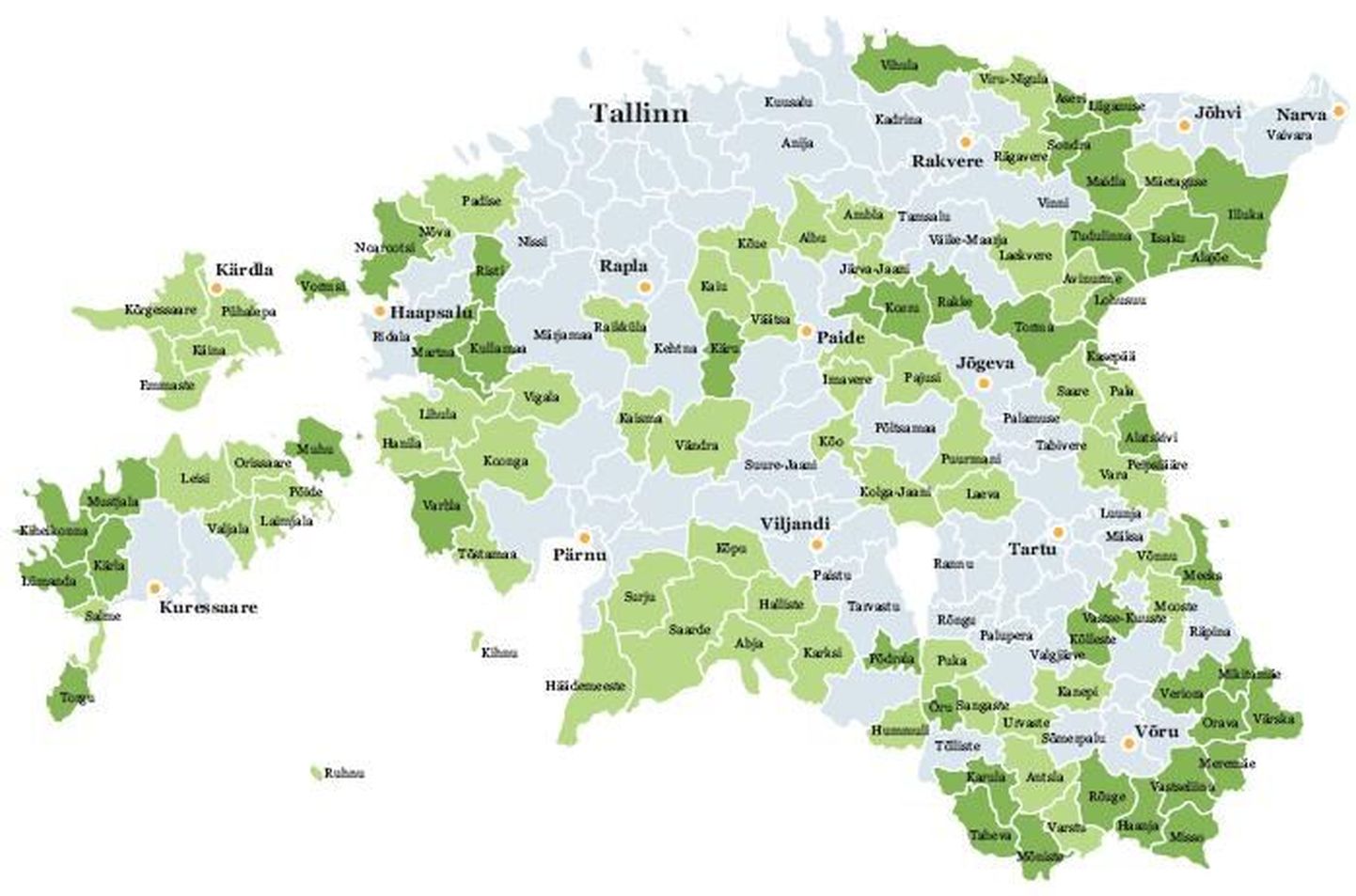One might think that skilful leaders keeping their positions grant communities stability, leading to success. Why not, but data tells us otherwise. Lion’s share of local governments, led by super-seniors, falls into the lower half of achievements, some languishing at rock bottom... blaming circumstances, exodus, smallness of state subsidies. But, perhaps, other factors are at play?
As it seems, we have to do with two clashing concepts of power. According to one, commune management is a service purchased from those at the helm. Like with other things in life: if a baker makes good bread, we buy from him. Should his bread, all of a sudden, taste strange, a new baker is not immediately sought, as we will wait and see how next day’s batch pans out: perhaps the dough was bad, or some technical glitch troubled the bakery. Even with a few years of bad bread, nothing much may change, as it all boils down to effectiveness – will better bread – will better bread outweigh the trouble it takes to find a new baker? Should the answer be yes, they opt for the new one i.e. moving to another commune. This is the sticking-to-one’s-last view on people vs power.
